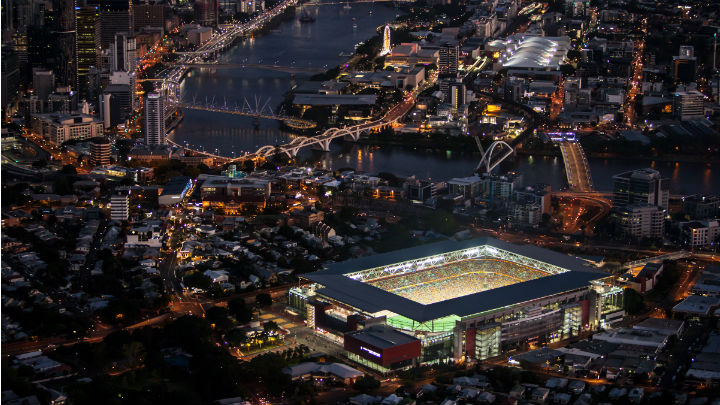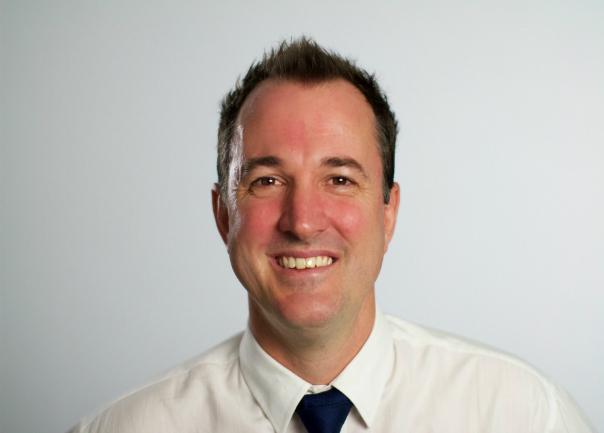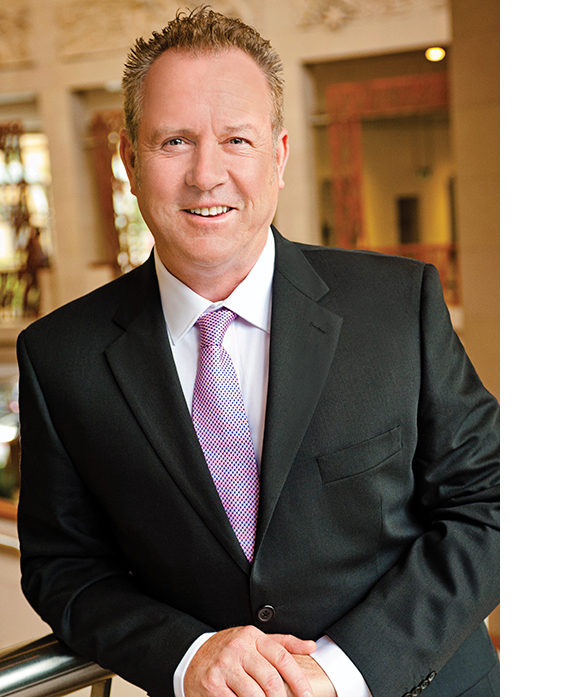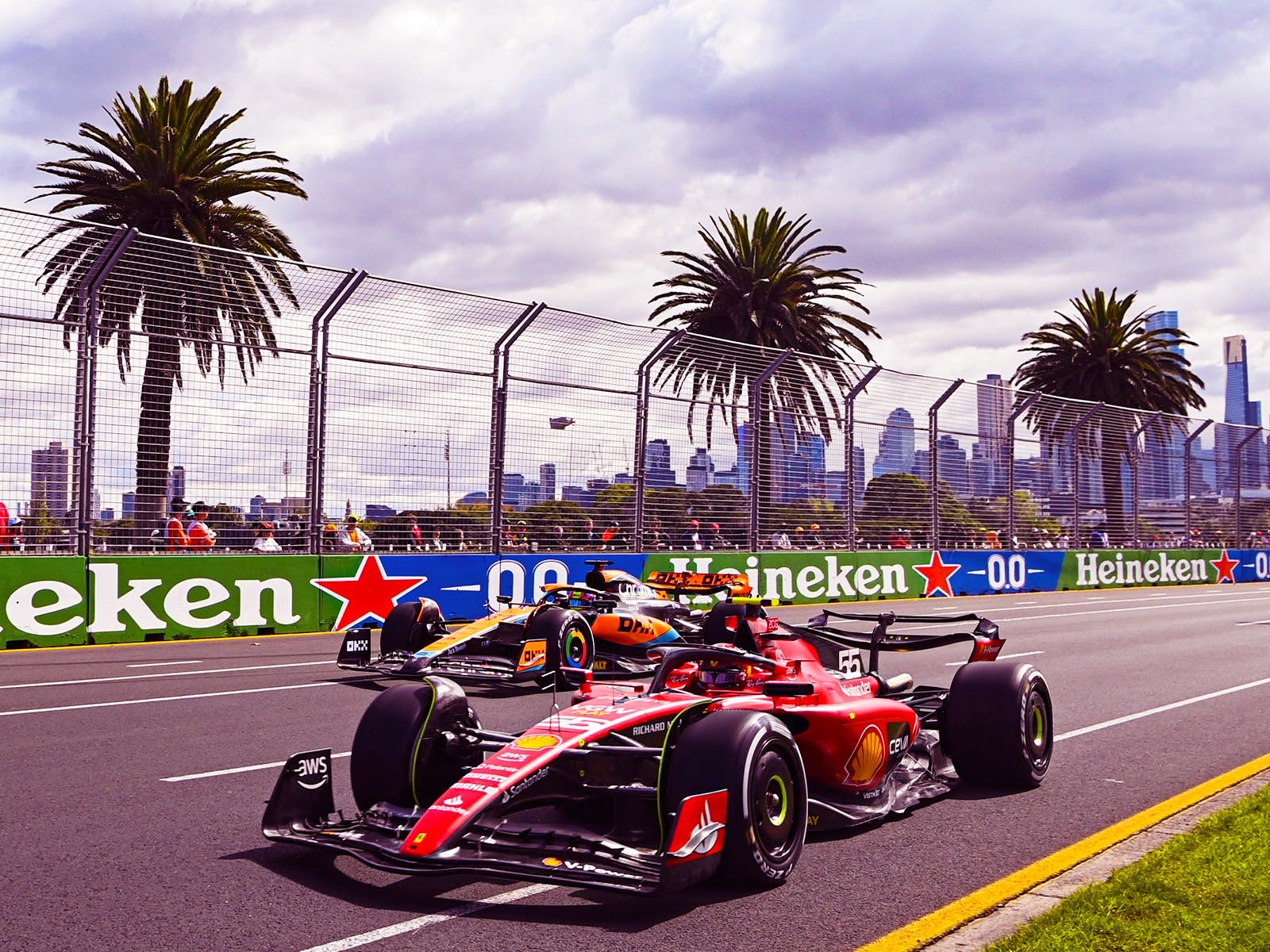Brisbane becomes Australia’s ‘bleisure’ capital – Corporate Traveller report
ACCORDING to flight booking data from Corporate Traveller, the major small-and-medium business travel division of Flight Centre Travel Group (FCTG), Brisbane is now Australia’s top business and leisure – dubbed ‘bleisure’ – travel destination.
The travel growth to favour Brisbane over Sydney and Melbourne has been spectacular, according to Australia-based global managing director of FCTG’s Corporate Traveller, Tom Walley, reflecting the city’s strong economic growth.
Corporate Traveller analysis of flight booking data from October 2023 to March 2024 revealed inbound travellers to Brisbane were now spending an average of 5.2 days, outpacing Sydney’s 4.1, and Melbourne’s 4.6 average days. 
Brisbane has even trumped the Gold Coast and Sunshine Coast in the ‘bleisure’ stakes (at 4.5 and 4.6 days respectively), according to a year-on-year comparison of business travel booking data collected by Corporate Traveller. The city’s buoyed economy is a key factor.
Brisbane currently has the highest density of innovation hubs per capita with manufacturing exports and growth outpacing the rest of the country. A recent economic report predicted its economy would further soar by 68 percent over the next 20 years1 .
The Corporate Traveller analysis further showed that business travellers in Queensland’s critical economic sectors such as mining, oil, and gas made up 17 percent of bookings in the six months through the end of March, followed by those in the construction sector (16%), health care and social assistance (12%), services (10%), and manufacturing (9%).
Further figures show business bookings have swelled by seven percent year-on-year.
May was Small Business Month in Queensland, and Mr Walley said the numbers revealed a unique opportunity for the city’s SMEs, “especially given Brisbane’s ability to captivate visitors for durations that extend well beyond the work week”.
“Brisbane has become one of the nation’s most thriving cities over the past couple of years and that’s partially thanks to mass migration from southerners craving sunshine and a more relaxed lifestyle during the pandemic2 – partly thanks to the allure of the upcoming 2032 Brisbane Games3.
“Both the Games and booming population mean more homes and a lot of infrastructure needs to be quickly constructed in and around the city, which is one of the reasons why business travellers in the construction sector were the second largest cohort of travellers to the Queensland capital over the past year,” Mr Walley said. 
“And with mining being the state’s biggest industry, at more than $86 billion, it’s no surprise this sector collected the most business traveller bookings.
“Add the city’s extraordinary infrastructure injection into tourist hot spots such as Queens Wharf and its burgeoning restaurant scene and it’s easy to see how the once ‘big country town’ of Australian capitals has overtaken its bigger southern counterparts to become the ‘bleisure’ epicentre,” he said.
“For the city’s small and medium-sized businesses, this presents a chance for SMEs to get to know what business travellers want and what our savviest customers are looking for.”
Recent data from Corporate Traveller highlighted that business travellers were increasingly focusing on maximising value and getting the most out of their ‘bleisure’ trips.
“The business travel sector continues to thrive, with more corporate travellers choosing hotels that offer reward programs and extra value, particularly as travel expenses have risen,” Mr Walley said.
“By making informed choices and booking a few weeks in advance to secure better rates, our clients are saving thousands on corporate travel. These savings allow them to extend their city stays and contribute more to local economies.”
SUPPORTING INFORMATION
1 https://beda.brisbane.qld.au/news-and-events/state-of-the-city-launch
2 https://www.abs.gov.au/statistics/people/population/regional-internal-migration-estimates-provisional/latest-release
3 https://www.infrastructure.gov.au/infrastructure-transport-vehicles/brisbane-2032-olympic-paralympic-games
ends








